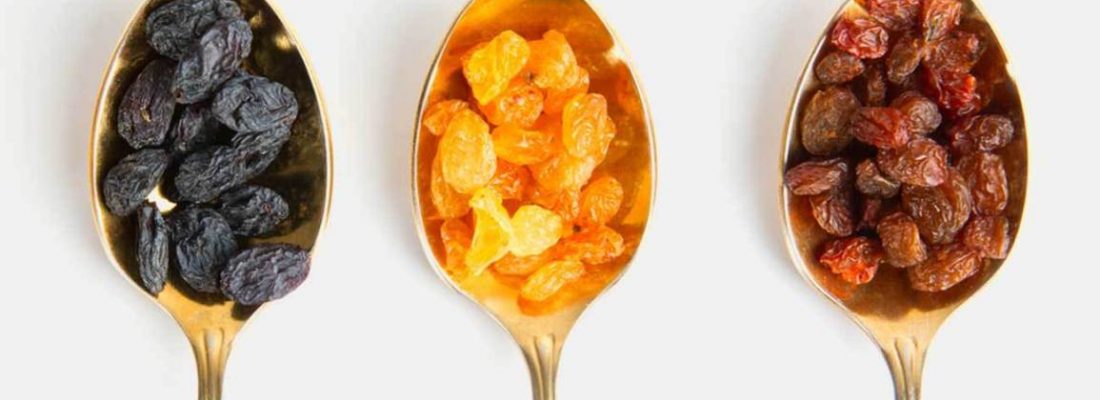
The knights and raisins
The knights and raisins
For all their popularity, though, raisins were not exported to the rest of Europe. Shipping methods were too poor to maintain the quality of the raisins for long travel. The knights and raisins
All of that changed in the 11th century. Knights returning from the Crusades brought raisins back to Europe with them. They had sampled the dried fruit during their travels through the Mediterranean and Persia.
When the knights went home and began to crave raisins, a huge demand was created. Fortunately, packing and shipping techniques had improved enough for raisins to be sent all over Northern Europe.
By the middle of the 14th century, currants and raisins were an important part of English cuisine. In 1374, prices in England skyrocketed to two pence and three farthings per pound, which was very expensive at that time.
After a period of time, viticulture spread to France and Germany. Even the English tried to grow currants in the 16th century – but realized their climate was too cold for drying raisins. The knights and raisins
Grapes and raisins had become an important part of European cuisine by the time European nations started to colonize the Americas. In Spain, where viticulture had been perfected, grapes were being used to make products such as dry table wine, sweet dessert wines, and muscat raisins. It was only natural that when the conquistadors colonized Mexico, wine and raisins were soon to follow.
The knights and raisins
For all their popularity, though, raisins were not exported to the rest of Europe. Shipping methods were too poor to maintain the quality of the raisins for long travel. The knights and raisins
All of that changed in the 11th century. Knights returning from the Crusades brought raisins back to Europe with them. They had sampled the dried fruit during their travels through the Mediterranean and Persia.
When the knights went home and began to crave raisins, a huge demand was created. Fortunately, packing and shipping techniques had improved enough for raisins to be sent all over Northern Europe.
By the middle of the 14th century, currants and raisins were an important part of English cuisine. In 1374, prices in England skyrocketed to two pence and three farthings per pound, which was very expensive at that time.
After a period of time, viticulture spread to France and Germany. Even the English tried to grow currants in the 16th century – but realized their climate was too cold for drying raisins. The knights and raisins
Grapes and raisins had become an important part of European cuisine by the time European nations started to colonize the Americas. In Spain, where viticulture had been perfected, grapes were being used to make products such as dry table wine, sweet dessert wines, and muscat raisins. It was only natural that when the conquistadors colonized Mexico, wine and raisins were soon to follow.